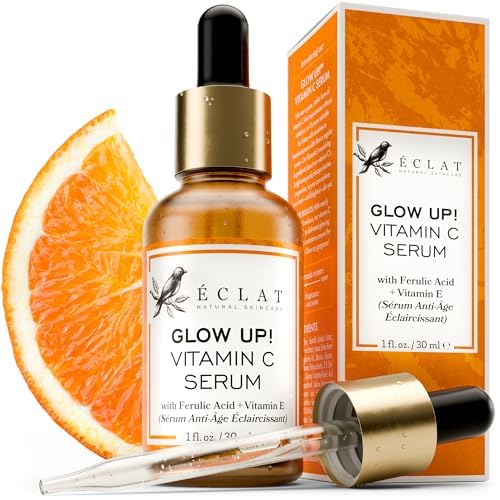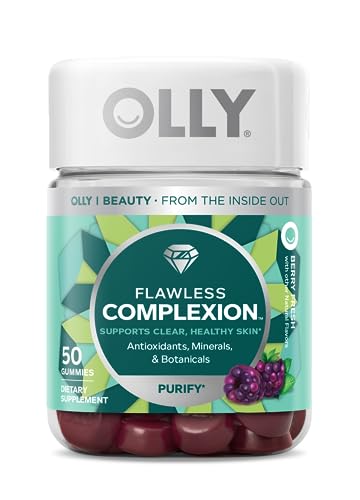Vitamins C and D are essential nutrients that play significant roles in skin health, each contributing in unique ways to maintain and enhance the skin's condition.
Vitamin C, also known as ascorbic acid, is a powerful antioxidant that is vital for the health of the skin. Topical application of Vitamin C has been shown to have several benefits:
- **Boosting Collagen Production**: Collagen is a protein that gives skin its firmness and elasticity. As we age, collagen production decreases, leading to wrinkles and sagging skin. Vitamin C stimulates the synthesis of collagen, helping to maintain youthful and plump skin.
- **Reducing Hyperpigmentation**: Hyperpigmentation, such as dark spots and sunspots, can be caused by sun exposure and other factors. Vitamin C inhibits the enzyme tyrosinase, which is involved in the production of melanin, the pigment that gives skin its color. This action helps to fade dark spots and even out skin tone.
- **Protecting Against Sun Damage**: While it should not be used as a substitute for sunscreen, Vitamin C provides some protection against the damaging effects of UV rays by neutralizing free radicals.
- **Promoting Wound Healing**: Its role in collagen production also makes Vitamin C beneficial in the skin's healing process, aiding in the repair of damaged skin.
- **Hydrating the Skin**: Vitamin C can help the skin retain water, contributing to its overall hydration and radiance.
Vitamin D, on the other hand, is synthesized by the skin upon exposure to sunlight and can also be absorbed through diet and supplements. It plays a different but equally important role in skin health:
- **Regulating Skin Cell Growth**: Vitamin D is involved in the growth and repair of skin cells. It helps in the normal shedding of old cells and the growth of new ones, maintaining healthy skin turnover.
- **Calming Inflammation**: It has anti-inflammatory properties, which can be beneficial for conditions like eczema and psoriasis. Topical Vitamin D may help reduce inflammation and improve these skin conditions.
- **Protecting Against Skin Cancer**: Some studies suggest that Vitamin D might help protect the skin from certain types of cancer by contributing to DNA repair and maintenance.
- **Improving Skin Immunity**: Vitamin D is known to enhance the skin's immune system, helping to protect against pathogens and potentially reducing the risk of infection.
Incorporating both vitamins into a skincare routine can provide comprehensive benefits. Vitamin C is commonly found in serums, moisturizers, and other topical products, while Vitamin D can be obtained through controlled sun exposure, diet, supplements, and specific creams designed for skin application. It's important to note that while these vitamins offer many benefits, they should be used appropriately, and sun protection should always be a priority to prevent skin damage. Consulting with a dermatologist can help tailor a skincare routine to individual needs, ensuring that these vitamins are used effectively and safely.
Remember, the information provided here is for educational purposes and should not replace professional medical advice. If you're considering adding vitamins to your skincare routine, it's best to consult with a healthcare provider or a dermatologist to discuss the most suitable options for your skin type and concerns.
References:
- Verywell Health
- Health
- Linus Pauling Institute
- Byrdie
- iCliniq







